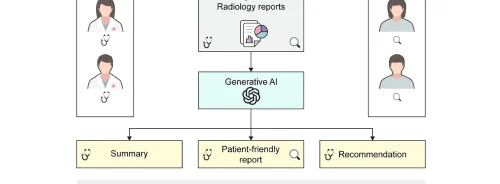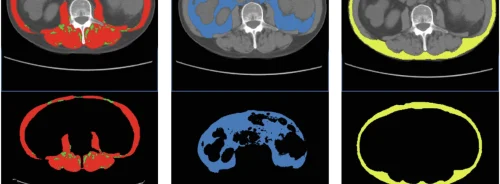HealthManagement, Volume 14, Issue 2/2012
The report, “E-health and self-management: a panacea for labour shortages and cost overruns in healthcare?” was first presented on 8 February in The Hague at the 12th Symposium "No self-care without e-care".
Populations are ageing and an acute labour shortage in healthcare is imminent. The Ministry of Health, health insurers and healthcare professionals are faced with less staff and fewer resources to deliver the necessary care. Research from the Hague and Maastricht University APE research indicates that opportunities exist by making better use of ehealth and self-management in healthcare. At this time the offer of online services, telecare and other ICT applications in healthcare is still limited. This prevents citizens and patients from empowering themselves to take greater responsibility for the care of their health and to help make decisions about it.
The authors substantiate their findings with figures from the Netherlands for five common (chronic) diseases with a large reliance on healthcare services. These are asthma, heart failure, thrombosis, diabetes and depression. Self-management in patients with asthma improves health and leads to 36% fewer hospitalisations, 18% fewer visits to the emergency room and 32% fewer unplanned visits to a doctor. Patients with heart failure need medical guidance for the rest of their lives. In these patients, the application of telemedicine reduces mortality by 34%, 21% fewer hospitalisations for heart failure and 9% fewer hospitalisations overall.
In the Dutch healthcare sector these new technologies are still very limited in use. The report shows that it is important that barriers in the short-term financing are removed and the resistors in the healthcare sector from large scale introduction of e-health self-management are eliminated.
Research Institute of Health Policy and Management (Erasmus University Rotterdam) also shows that the benefits of ehealth are still insufficiently achieved in healthcare. The researchers see three major solutions. (1) There is a more targeted approach is needed so much more focused on care arrangements and the deployment of e-health can be made by employers, labour organisations, institutions and governments. (2) The financing of care should be grafted onto more rewarding health benefits, higher employment and social participation. This also requires financing from external parties such as employers and insurers. (3) Policy and research must be aligned so that better knowledge and better use of knowledge developed closer to the knowledge needs of stakeholders.
The full report can be downloaded at www.ape.nl





